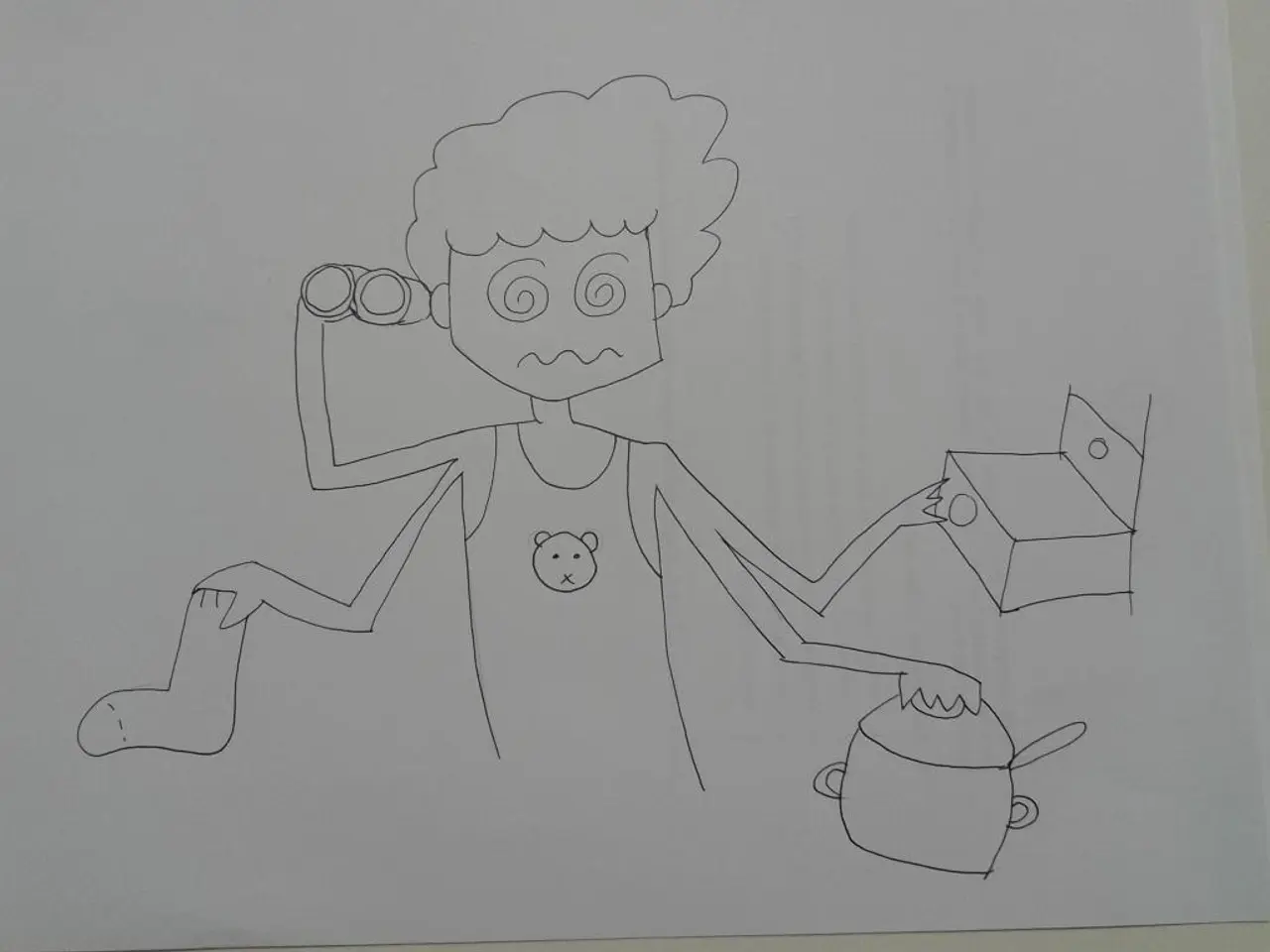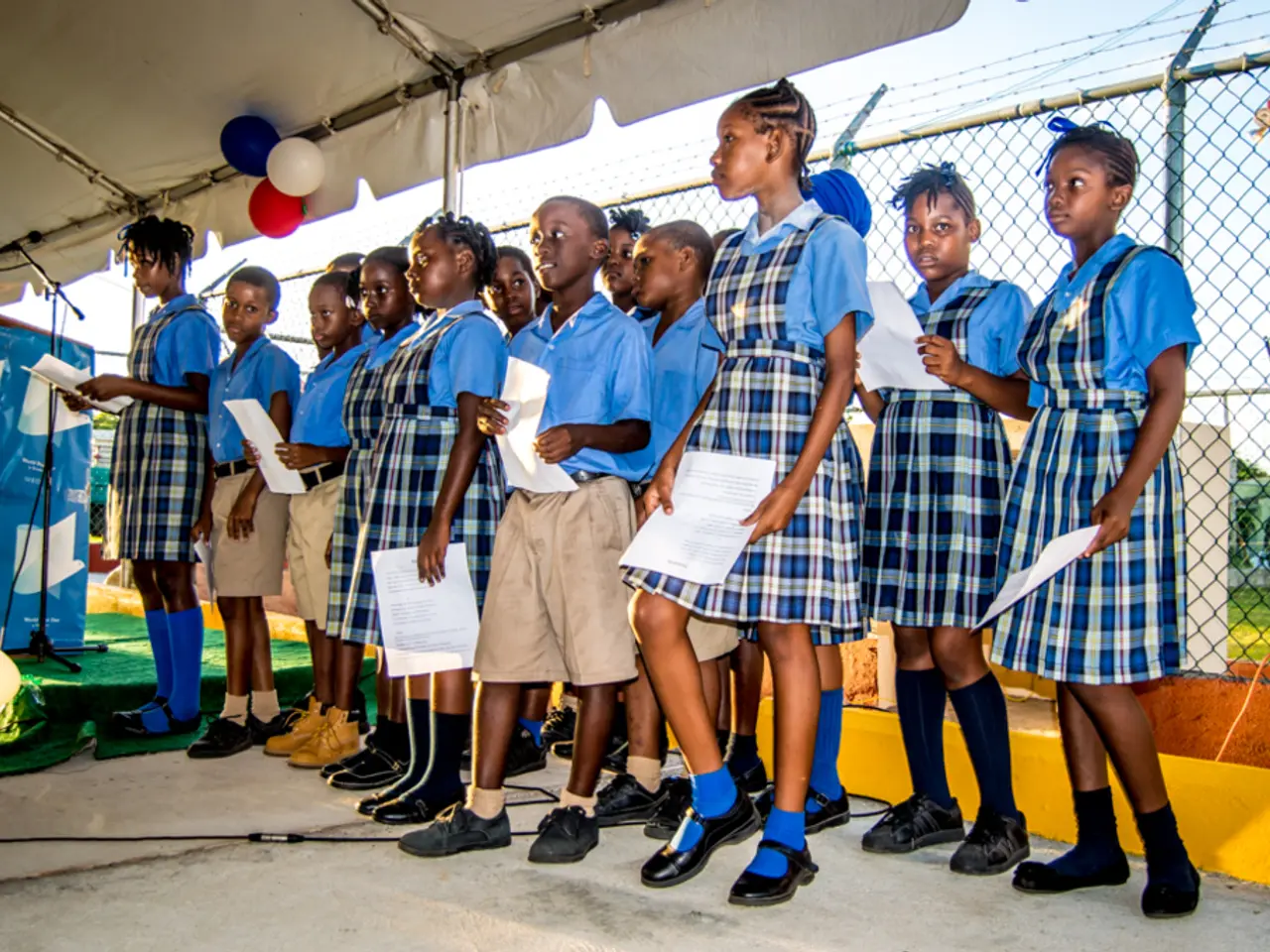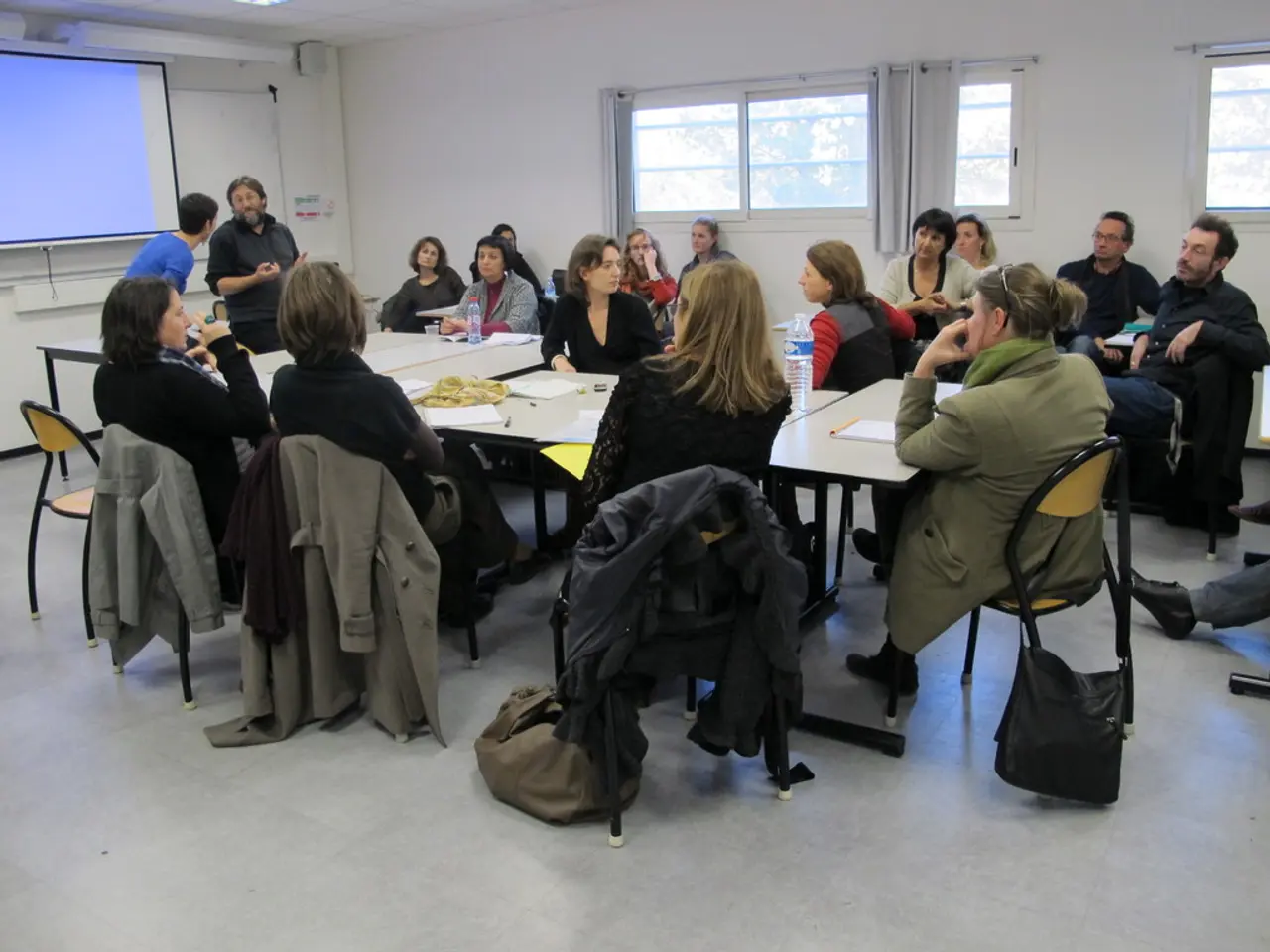Unveiling the Distinctions: High Abilities versus Giftedness (Breakdown)
Unlocking the mysteries of high abilities and giftedness:
It's crucial to distinguish between the terms 'high abilities' and 'giftedness' to effectively cater to individuals with exceptional intellectual and cognitive abilities.
High abilities are a set of intellectual capacities that exceed the average, characterized by an outstanding ability to absorb knowledge, unique creativity, and an inherent desire to learn. While these abilities show up in various fields such as arts, sports, leadership or academics, they do not necessarily imply emotional traits or challenges.
Giftedness, on the other hand, takes high abilities to a more in-depth level. Characterized by uneven or asynchronous cognitive development, gifted individuals may excel in both academic and non-academic areas while exhibiting physical and motor skills more typical of their age. These individuals often think differently, independent, and divergent, and may have very high intelligence in academic or non-academic areas.
Unlike high abilities, giftedness involves a broader developmental spectrum, encompassing emotional, social, and cognitive domains. It often leads to emotional overexcitabilities, intensities, and heightened sensitivities, sometimes necessitating specialized support.
Why the distinction matters:
Distinguishing between high abilities and giftedness is vital for education systems, parents, and individuals to understand the unique needs and challenges associated with each. While high abilities might need academic challenge, gifted individuals may require specific support addressing both intellectual strengths and socio-emotional differences. Identifying and addressing these differences help foster the full potential of these exceptional individuals and contribute to a more equitable and diverse society.
FAQs:
- Are high abilities and giftedness the same?No, they differ in their scope, intensity, and related challenges, with high abilities focusing primarily on intellectual or academic abilities and giftedness encompassing a broader neurodivergence profile.
- What are the key emotional traits common to gifted individuals?Emotional traits common to gifted individuals include emotional overexcitabilities, intensities, and heightened sensitivities, including perfectionism, existential concerns, and idealism.
- Can a person be both highly able and gifted?Yes, a person can exhibit both high abilities and giftedness, and their unique needs and challenges should be recognized and addressed accordingly.
- How can I identify giftedness in a child?Identifying giftedness in a child involves observing creativity, problem-solving skills, emotional sensitivity, and the potential for exceptional achievement in various areas. Tests, teacher observations, and parent reports can provide valuable insights.
- How can I support a gifted child's development?Supporting a gifted child's development involves encouraging creativity, offering opportunities for independent learning, and addressing their emotional needs by offering specialized support services if necessary.
- In the realm of sports, a highly able individual may exhibit an exceptional ability to learn and adapt, while a gifted athlete might also demonstrate emotional overexcitabilities and intensities that require unique coping strategies.
- As part of one's personal growth, understanding the distinction between high abilities and giftedness can be instrumental in educational-and-self-development, allowing individuals to cater to their emotions, learning styles, and unique intellect.
- In the world of self-help, resources focusing on the psycho-social needs of gifted individuals, including their feelings of perfectionism, existential concerns, and sensitivity to social situations, can offer valuable insights for personal growth and well-being.






